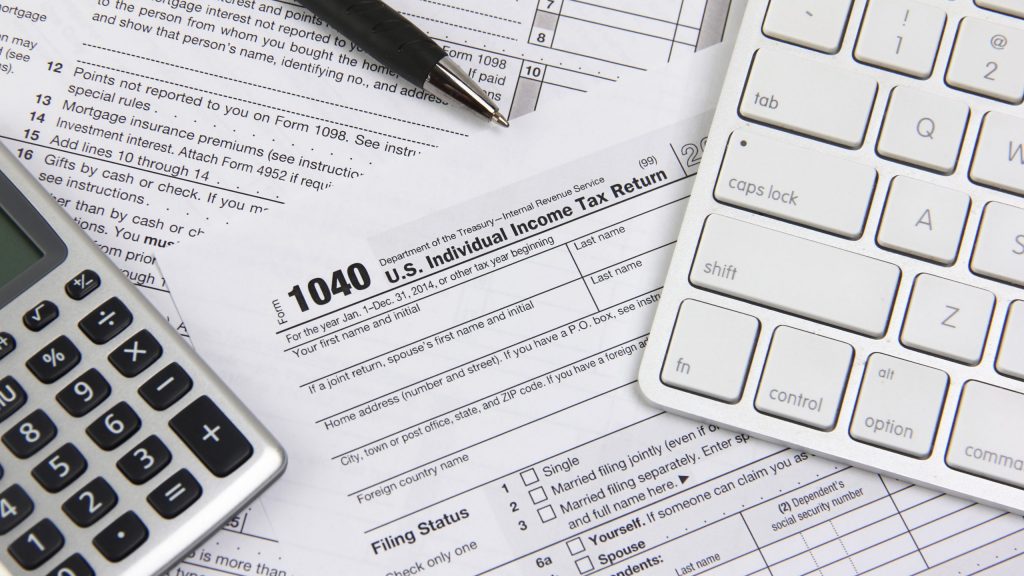Do you owe money on your taxes? If so, you might receive notice from the IRS. For the first time in two years, the agency is sending out collection letters to taxpayers with tax debt.
The IRS paused sending the collection notices amid the coronavirus pandemic. Now, more than 3.7 million taxpayers who owe money for tax years 2021 and 2022 will receive automated letters of notice in the mail over the next several months.

MORE: How to file an extension on your taxes ahead of the deadline
If you receive a LT83 notice, don’t panic. It’s not an audit. The IRS is simply letting you know collection notices were suspended during the pandemic but are now resuming and providing an update to taxpayers on their outstanding balance. The letter will provide options to pay off your debt.
Read the notice carefully. If you work with a tax professional, they can answer any questions you may have and help you get started on a repayment plan. Don’t ignore the letter. It’s in your best interest to pay as much of your balance off as soon as you can to avoid further penalties and interest, which will keep accruing until the debt is resolved. If the letter indicates you have missing tax returns, file those as soon as possible.

MORE: How to file your taxes for free with the IRS Free File program
If you can’t pay off your balance in full right away but you are current with your tax filings, pay what you can. Any amount paid toward the balance will reduce interest and penalties added in the future. If you owe less than $50,000, you can also enter into a payment plan to pay over time.
Keep in mind if you paid off your full balance within the past 21 days, you may still receive a notice. If that’s your situation, you can disregard the notice. And if you already have a preapproved payment plan, you should keep making payments based on the agreement.
Also, if you are experiencing extreme financial hardship, the IRS may agree to temporarily delay collection, although your debt will continue to accrue. In some specific circumstances, it may also approve an offer in compromise to reduce your debt. Visit IRS.gov for more information on your account.
This story originally appeared on Don't Waste Your Money.


